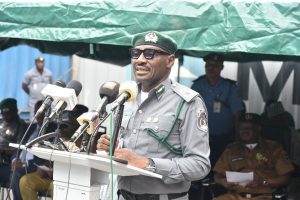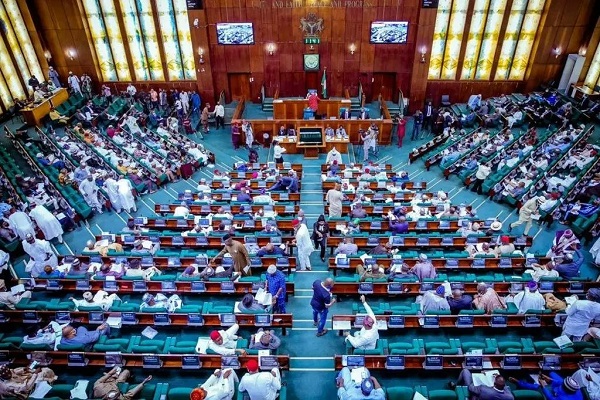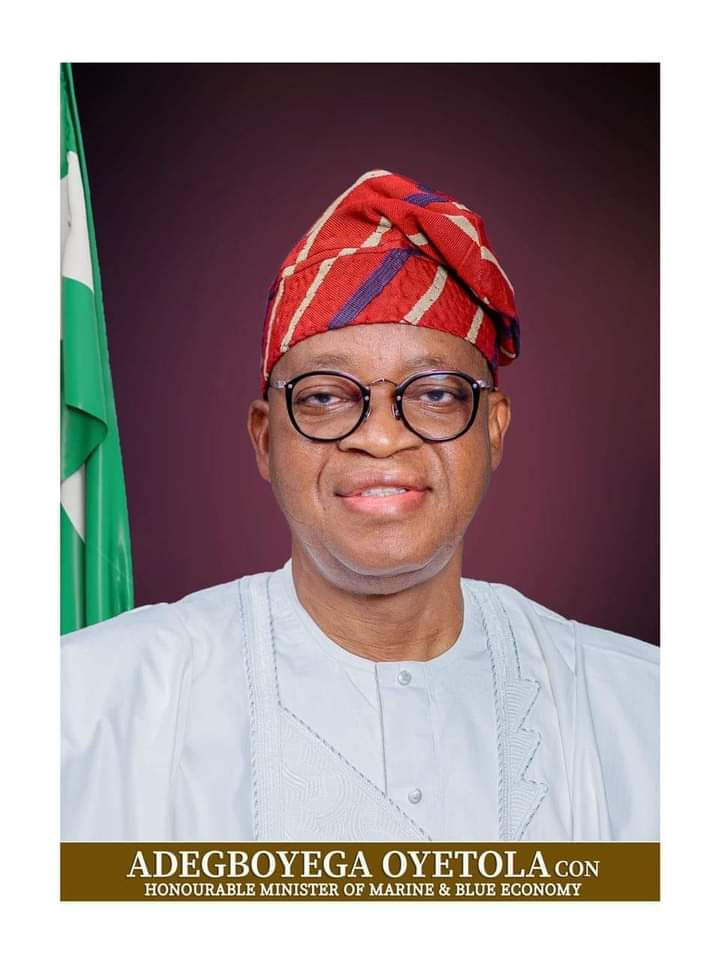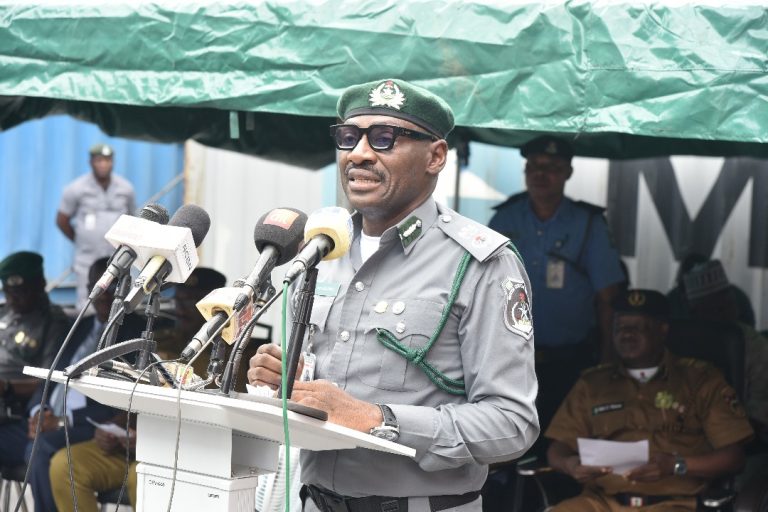…As Theresa May pleads for EU to give ground and rescue Brexit deal***
China sounded a positive note ahead of talks with Washington this week on a sprawling trade dispute that threatens to chill global economic growth, but the two sides face lengthy wrangling over technology and their future relationship.
Talks were due to start Monday but there was no word from the American Embassy or China’s Ministry of Commerce on whether they were under way or details of their agenda.
Both sides have expressed an interest in settling their tariff fight over Beijing’s technology ambitions. Yet neither has indicated its stance has changed since a Dec. 1 agreement by Presidents Donald Trump and Xi Jinping to postpone further increases.
Envoys will have “positive and constructive discussions,” a Chinese foreign ministry spokesman, Lu Kang, said on Friday.
The American side is led by a deputy U.S. trade representative, Jeffrey D. Gerrish, according to the U.S. government. The delegation includes agriculture, energy, commerce, treasury and State Department officials.
The Chinese government gave no details of who would represent Beijing.
The talks are going ahead despite tensions over the arrest of a Chinese tech executive in Canada on U.S. charges related to possible violations of trade sanctions against Iran.
Trump imposed tariff increases of up to 25 percent on $250 billion of Chinese imports over complaints Beijing steals or pressures companies to hand over technology. Beijing responded by imposing penalties on $110 billion of American goods, slowing customs clearance for U.S. companies and suspending issuing licenses in finance and other businesses.
Washington, Europe and other trading partners complain Beijing’s tactics violate its market-opening obligations.
The clash reflects American anxiety about China’s rise as a potential competitor in telecommunications and other technology. Trump wants Beijing to roll back initiatives like “Made in China 2025,” which calls for the state-led creation of global competitors in such fields as robotics and artificial intelligence. American officials worry those might erode U.S. industrial leadership.
The ruling Communist Party is reluctant to give up initiatives it sees as a path to prosperity and global influence.
China’s leaders have tried to defuse complaints by emphasizing its potential as an export market. Over the past year, they’ve promised to increase foreign access to their auto, finance and other industries.
Some Chinese officials suggest the technology initiatives might be opened to foreign companies. But they have given no details, leaving it unclear whether that will satisfy Washington.
Trump and Xi agreed to a 90-day postponement of additional tariff increases to take effect Jan. 1. But economists say that is too little time to settle all the disputes that bedevil U.S.-Chinese relations. They say Beijing’s goal probably is to show enough progress to persuade Trump to extend his deadline.
During that 90-day period, agreements “may not be reached until the last day,” said Tu Xinquan, director of the China Institute for World Trade Organization Studies at the University of International Business and Economics in Beijing.
This week’s talks will focus on technical details before higher-level leaders “make hard political decisions,” Tu said.
In the longer term, the final tariffs might “remain for several years,” Tu said. “I don’t think it will proceed that fast. It must take time.”
Cooling economic growth in both countries is turning up the pressure to reach a settlement.
Chinese growth fell to a post-global crisis low of 6.5 percent in the quarter ending in September. Auto sales tumbled 16 percent in November over a year earlier. Weak real estate sales are forcing developers to cut prices.
The U.S. economy grew at an annual rate of 3.4 percent in the third quarter, and unemployment is at a five-decade low. But surveys show consumer confidence is weakening because of concern that growth will slow this year.
Beijing has tried in vain to recruit France, Germany, South Korea and other governments as allies against Trump. They criticize his tactics but echo U.S. complaints about Chinese industrial policy and market barriers.
The European Union filed its own challenge in the World Trade Organization in June against Chinese rules that the 28-nation trade bloc said hamper the ability of foreign companies to protect and profit from their own technology.
For their part, Chinese officials are unhappy with U.S. curbs on exports of “dual use” technology with possible military applications. They complain China’s companies are treated unfairly in national security reviews of proposed corporate acquisitions, though almost all deals are approved unchanged.
Some manufacturers that serve the United States have shifted production to other countries to avoid Trump’s tariffs.
UBS said Friday that 37 percent of 200 manufacturers surveyed by the bank have shifted out of China over the past 12 months. The threat of U.S. tariff hikes was the “dominating factor” for nearly half, while others moved because of higher costs or tighter environmental regulation.
“Most firms expect trade war to escalate,” the bank said.
In the meantime, Theresa May is preparing to make another desperate plea to EU leaders to offer a concession on the Irish backstop as she attempts to win over Brexiters who have vowed to vote down the government’s deal.
The prime minister on Sunday promised to hold the meaningful vote in parliament in the week beginning 14 January despite growing opposition from Conservative backbenchers and the Democratic Unionist party, whose votes are required to push the deal through parliament.
As MPs prepare to return to Westminster with the crucial Commons vote looming on the withdrawal agreement, Downing Street insisted that new compromises could still be won from Europe that would ensure the safe passage of May’s plan.
The hope of new developments came as opposition to the prime minister’s deal hardened. The hurdles facing May include:
• Brexiters say the government faces a disaster if it fails to ditch the current deal, with DUP deputy leader Nigel Dodds describing the Irish backstop as “toxic”.
• EU sources say talks to be held in Dublin on Tuesday between Leo Varadkar and Germany’s foreign minister, Heiko Maas, will not seek to reopen negotiations over the 585-page withdrawal agreement.
• Senior MPs including Yvette Cooper and Nicky Morgan are launching a parliamentary campaign to rewrite government legislation to block a no-deal Brexit.
• Chris Patten, the former Conservative Party chairman, called for a second referendum on the UK’s decision to leave the EU.
• More than 200 MPs have signed a letter calling for Theresa May to rule out a no-deal Brexit. Tory ex-minister Dame Caroline Spelman, who organised the letter with Labour’s Jack Dromey, said the group had been invited to see the prime minister on Tuesday.
In an interview on Sunday, May said the vote, which was due to be held last month and postponed, would go ahead next week, as she sought further clarification from the EU to address MPs’ concerns.
She also said she would look at giving parliament a greater say in how the UK’s future relationship would be negotiated, but refused to say exactly what that might be.
Asked if there had been any changes she could offer to backbenchers who were expected to vote down her deal, she told BBC1’s Andrew Marr Show: “What we will be setting out over the next few days are assurances in three areas: first are measures specific to Northern Ireland; the second is a greater role for parliament as we take these negotiations forward into the next stage for our future relationship; and third – and we are still working on this – is further assurances from the European Union to address the issues that have been raised.”
Whitehall sources insisted that a compromise could still be found with the EU and that further planned announcements will be made this week that would win over MPs opposed to the deal. “We will be working flat out. There will be further contacts with the EU leaders. The issue of the backstop is not yet over,” the source said.
In the interview, May repeatedly sidestepped questions about whether she would keep putting the deal back to MPs if it got rejected, instead saying: “If the deal is not voted on, this vote that is coming up, then actually we are going to be in uncharted territory. I don’t think anybody can say exactly what will happen in terms of the reaction we will see in parliament.”
Mark Francois, the vice-chair of the hardline-Brexit European Research Group, said May’s intervention on Marr showed that the government and the EU have little to offer their critics.
“As the prime minister herself once said, nothing has changed. No Conservative backbencher that I am aware of who was declared as against the deal has publicly recanted.
“The PM made very clear on Marr that the vote will go ahead at this time and that is good, because if they were to pull it a second time, as well as not being in power they would effectively no longer be in office.”
Conservative sources claim there are between 55 and 71 MPs who plan to vote against the deal.
The DUP, whose 10 MPs are required by May to force through the deal, remain opposed. Dodds said the government must stand firm and set out a “resolute red line” to Brussels. “The coming days will show if this government is made of the right stuff,” he said.
The government is also facing a serious challenge from a cross-party group of MPs seeking to block it from implementing no-deal measures without the explicit consent of parliament.
Amendments tabled by Labour former cabinet minister Cooper and former Tory education secretary Morgan would restrict the government’s freedom to make Brexit-related tax changes without parliamentary safeguards.
The measure also has the support of Tories Sir Oliver Letwin, Nick Boles and Sarah Wollaston.
The UK is due to leave the EU on 29 March. May agreed her deal on the terms of the UK’s divorce and the framework of future relations with the EU but it needs to pass a vote by MPs. The Commons vote had been scheduled to take place in December but May called it off after it became clear that not enough MPs would back her deal.
Maas will fly to Dublin on Tuesday for Brexit talks with Varadkar, as they seek to find a fix to help get a withdrawal agreement ratified.
An informed EU source said Brexiters should not get their hopes up of a reopening of negotiations. The “fix” would be further details in the political declaration on the future relationship, and not the 585-page withdrawal agreement. “That is locked,” said the source.
A Downing Street spokeswoman said: “What we are doing is focusing on getting this vote through the House of Commons and getting those extra assurances required for MPs to support this deal that delivers on the referendum result – taking back control of our money, laws and borders while protecting jobs in the UK.”
ABC with additional report from Guardian UK





















